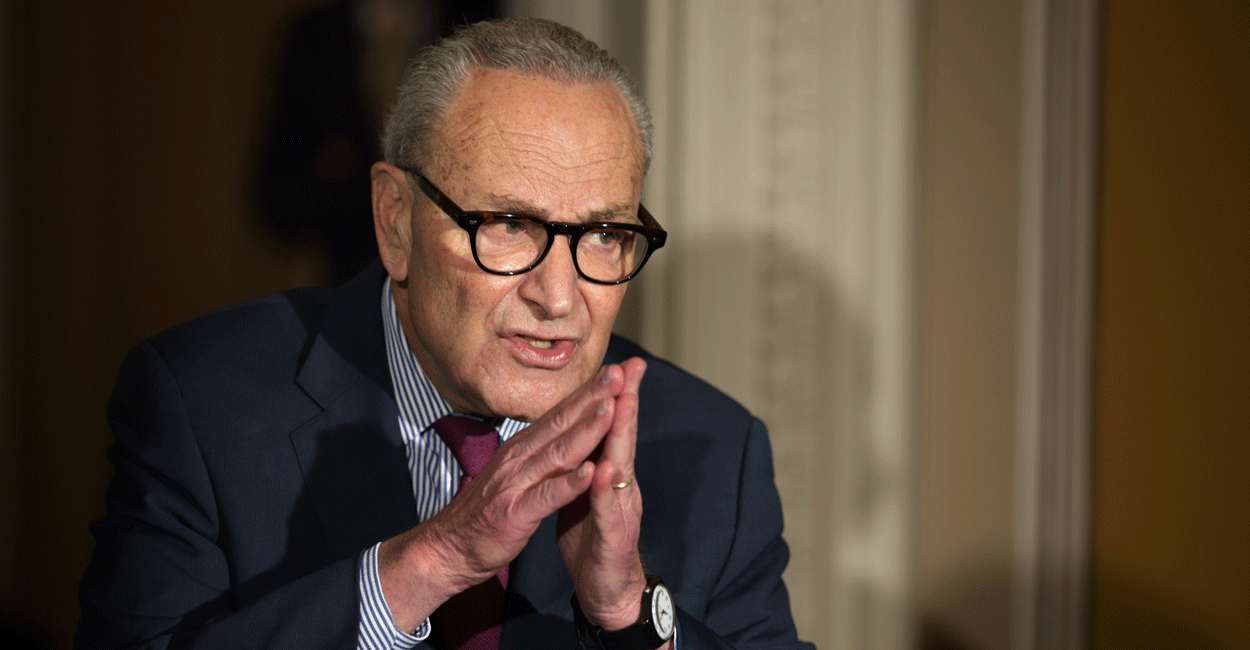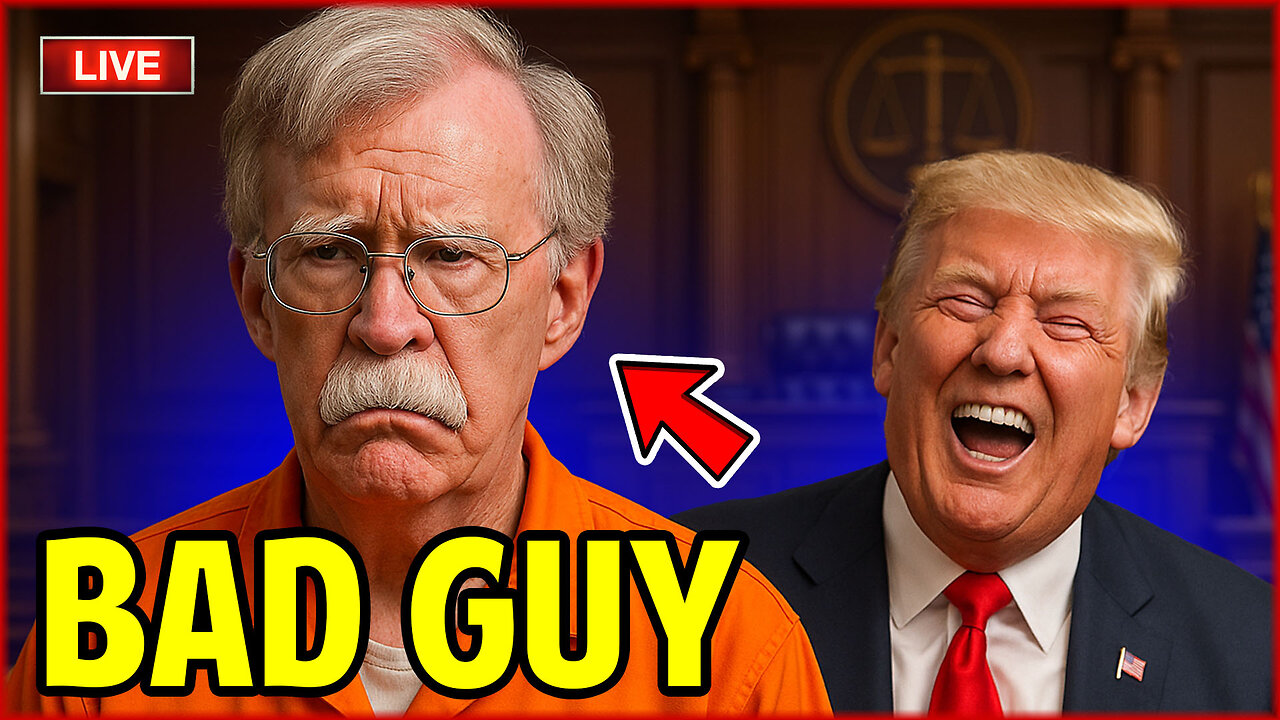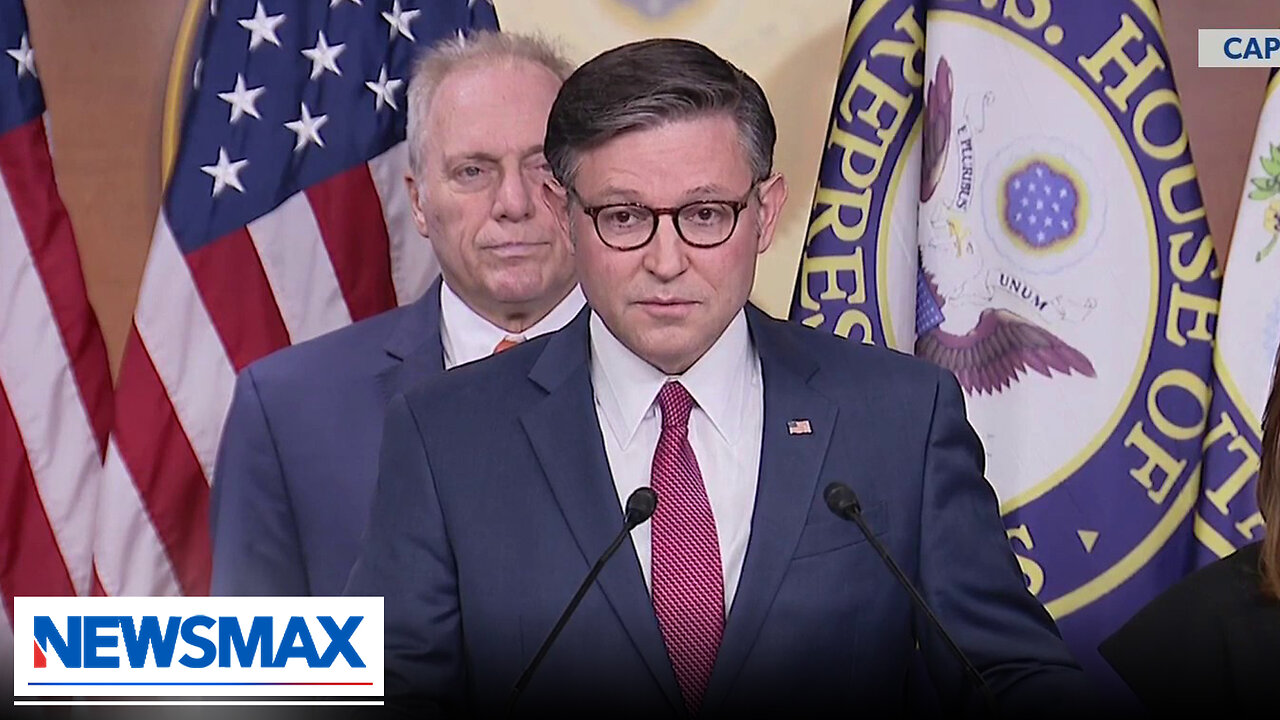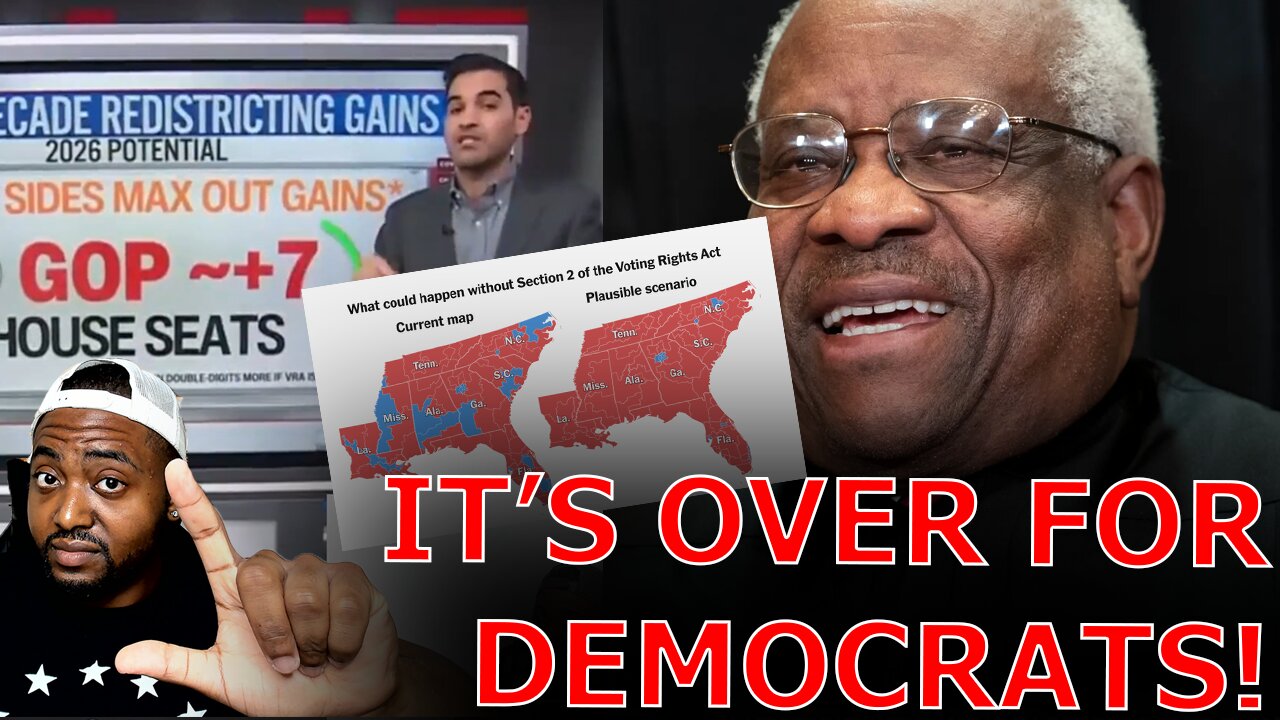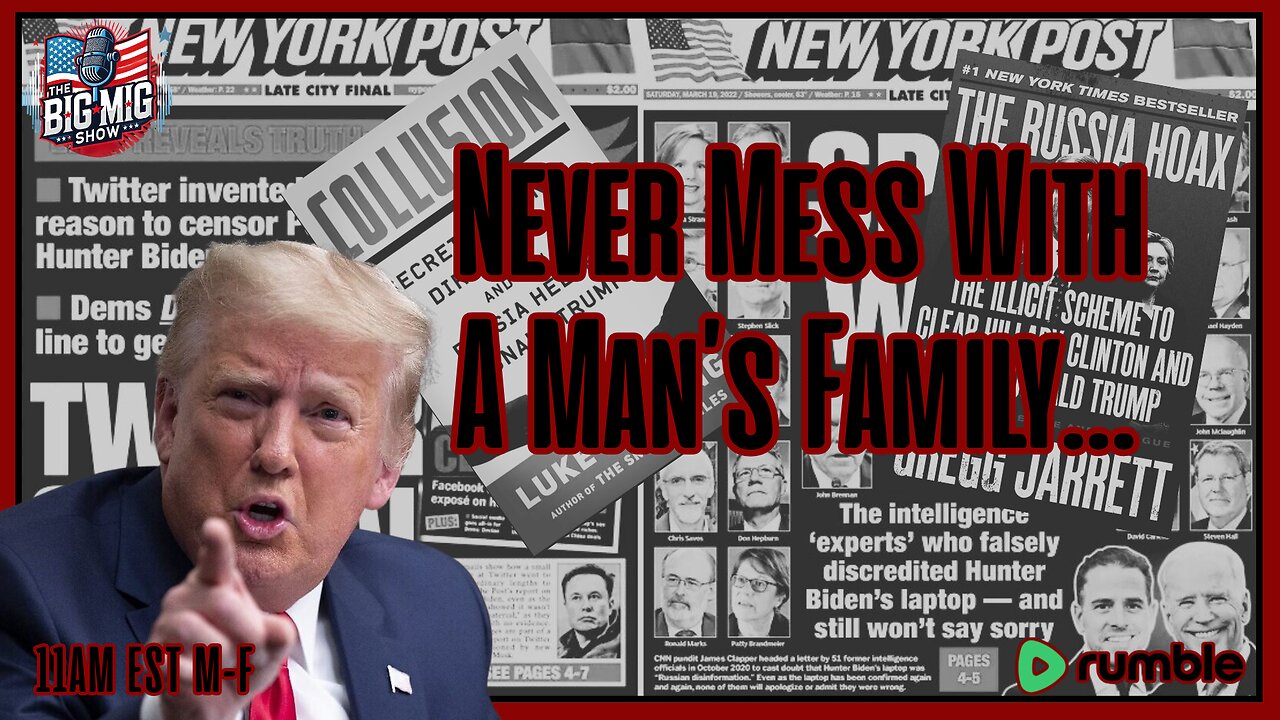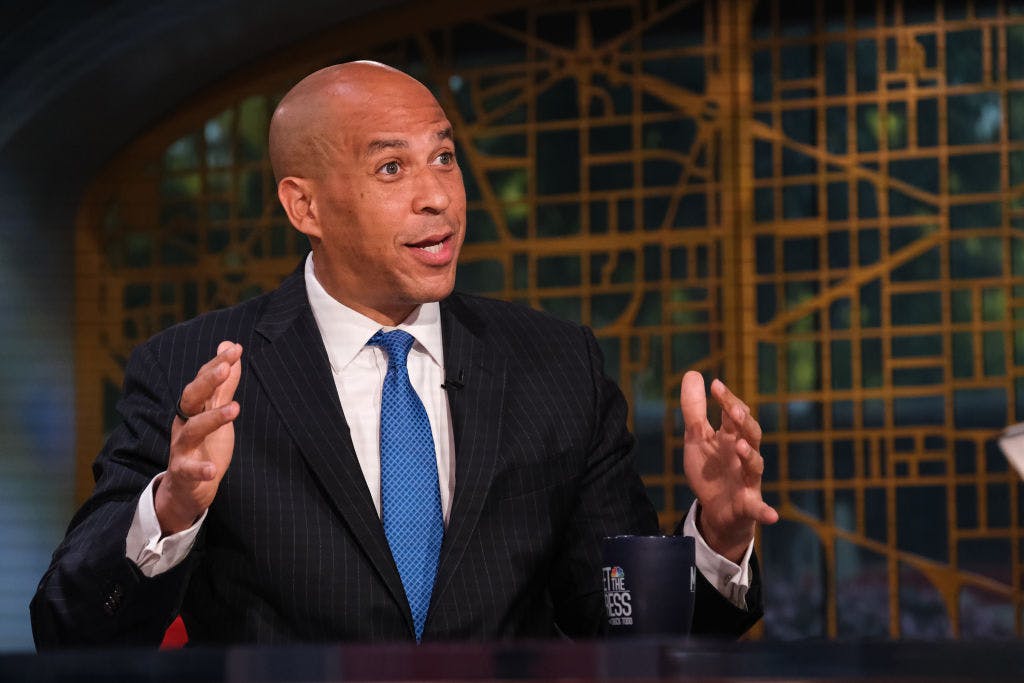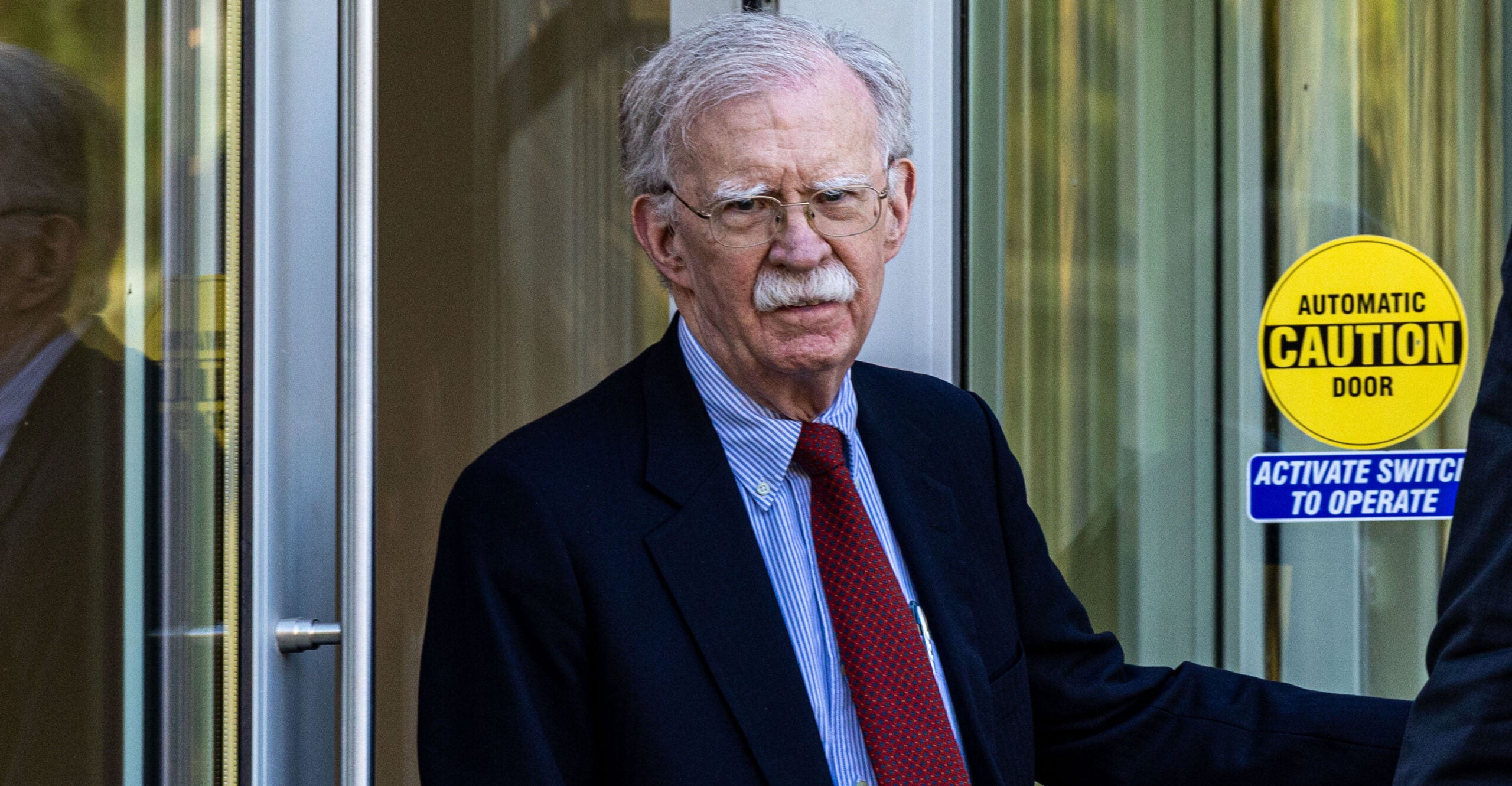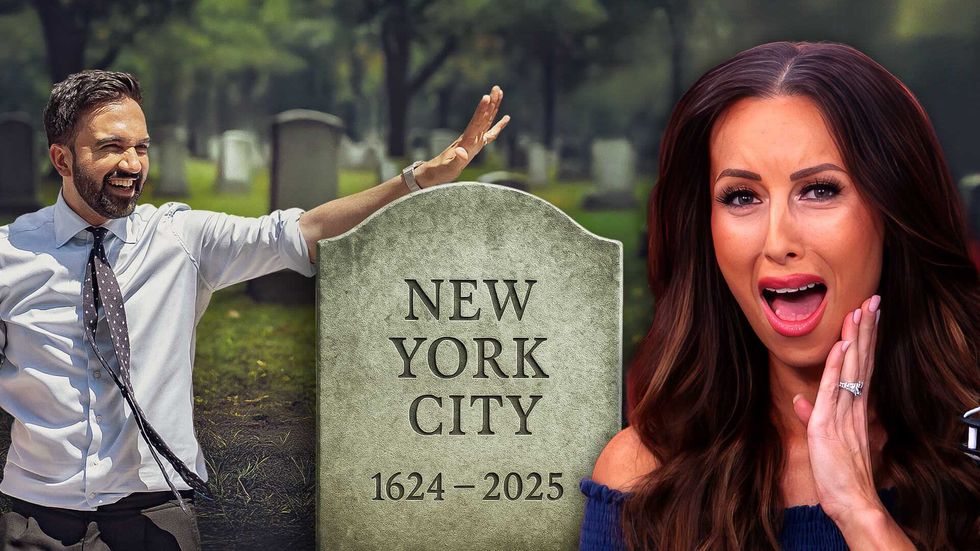America’s Founding Documents Are Selling Like Gangbusters

America’s founding documents are selling at the fastest rate since 2004, when market research firm Circana began keeping track, prompting publishers to plan new editions. The rising civic interest is being attributed, at least in part, to the tumultuous state of America’s political affairs.
The U.S. Constitution, the Declaration of Independence, and the Federalist Papers have sold a combined 162,000 copies this year, Circana noted—and that’s only through mid-April. This is 76% higher than the same period in 2017, President Donald Trump’s first term in office, when these documents sold 92,000 copies, more than twice as many as in 2016. Sales totaled 58,000 over the same period in 2024 and 33,000 over the same period in 2023.
Circana analyst Brenda Connor said the record-high interest “is likely in response to the recent change of administration,” noting rising intrigue in other books about government as well. “We generally see increased sales of editions of the Declaration of Independence and the Constitution every election cycle,” said Shannon DeVito, Barnes & Noble’s senior director of book strategy, “but particularly this year.”
In addition to the cyclical election spike in sales, DeVito also noted that the 250th anniversary of the Declaration of Independence, which will take place next July, may also play a role in the spiking demand.
Yet multiple analysts still suggested the record-high orders were due to “the fast and furious current political conversations and policy changes,” as DeVito put it. Indeed, political changes have been fast and furious, as the Trump administration swings the pendulum back from the Biden administration’s lawless leftism.
In less than 100 days, the Trump administration has undertaken massive downsizing and restructuring within the federal bureaucracy, slashed through one agency after another with the DOGE chainsaw, overhauled America’s tariff regime, and nearly abolished both USAID and the Department of Education. As if that weren’t enough, the Trump administration has picked fights with universities like Harvard over their rampant antisemitism, punished states like Maine over their refusal to protect girls’ sports, and played chicken with the federal court system on a host of issues.
Not only has the Trump administration embraced rapid political changes, but it has also done so in ways that challenge longstanding liberal assumptions about how government is supposed to work and what it is supposed to do.
These changes evoke a range of emotions across the political spectrum. The Left is outraged, Trump’s base is enthused, while many ordinary Americans—those with only a casual understanding of politics—are merely bewildered. The question that pops into their head is, “Wait a minute, can they do that?”
And that is a legitimate question. Many Americans are not rabid political activists who broach the question merely as a prelude to a more hostile political broadside. They genuinely want to know.
But—due to another seismic shift that helps account for the record-high interest in America’s founding documents—these curious Americans no longer trust the media to answer this question for them. In days gone by, they were too busy to research arcane legal issues for themselves. They trusted those whose job it was to research and report on the news to track down the answer for them.
Not anymore. In October 2024, Gallup recorded that a record-low 31% of Americans had “a great deal/fair amount” of trust in mass media, compared to 33% who had “not very much” trust, and 36% who had “none at all.”
So, if Americans want to know what the Constitution allows, but they don’t trust the media to tell them the truth, the simplest solution is to return to the founding documents and read them for themselves.
“It seemed obvious that we needed to look back to the country’s core documents, and that we wanted to get them out quickly,” said Random House Publisher Andrew Ward. His company plans in July to publish a hardcover book containing the Declaration of Independence and the U.S. Constitution, followed in November by a hardcover edition of the Federalist Papers. Both volumes would include introductions by historian Jon Meacham.
“It is a tumultuous moment … to put it kindly,” Meacham said. “One way to address the chaos of the present time—what Saint Paul would call the ‘tribulations’ of the present time [Romans 8:18]—is to re-engage with the essential texts that are about creating a system that is still worth defending.”
In addition to Random House, “Skyhorse, Penguin, Barnes & Noble and others” are publishing their own popular editions of America’s founding documents, according to Circana.
On one level, it’s unfortunate that so many Americans feel so ignorant about their country’s founding documents that they feel the need to buy hard copies to read for themselves. Perhaps they never studied the documents in school, or perhaps they encountered them so long ago that they have simply forgotten.
Yet the more important—and salutary—trend is that the increased demand for America’s founding documents indicates increased civic awareness. When Americans are studying the Declaration of Independence and U.S. Constitution, and when they analyze the actions of their elected representatives through that lens, then they are thinking like citizens, not subjects. They will recognize the self-evident wisdom of our system of government. And these ordinary Americans will thereby be empowered to defend their system of government against all manner of authoritarian assaults.
Originally published by The Washington Stand
The post America’s Founding Documents Are Selling Like Gangbusters appeared first on The Daily Signal.
Originally Published at Daily Wire, Daily Signal, or The Blaze
What's Your Reaction?
 Like
0
Like
0
 Dislike
0
Dislike
0
 Love
0
Love
0
 Funny
0
Funny
0
 Angry
0
Angry
0
 Sad
0
Sad
0
 Wow
0
Wow
0
